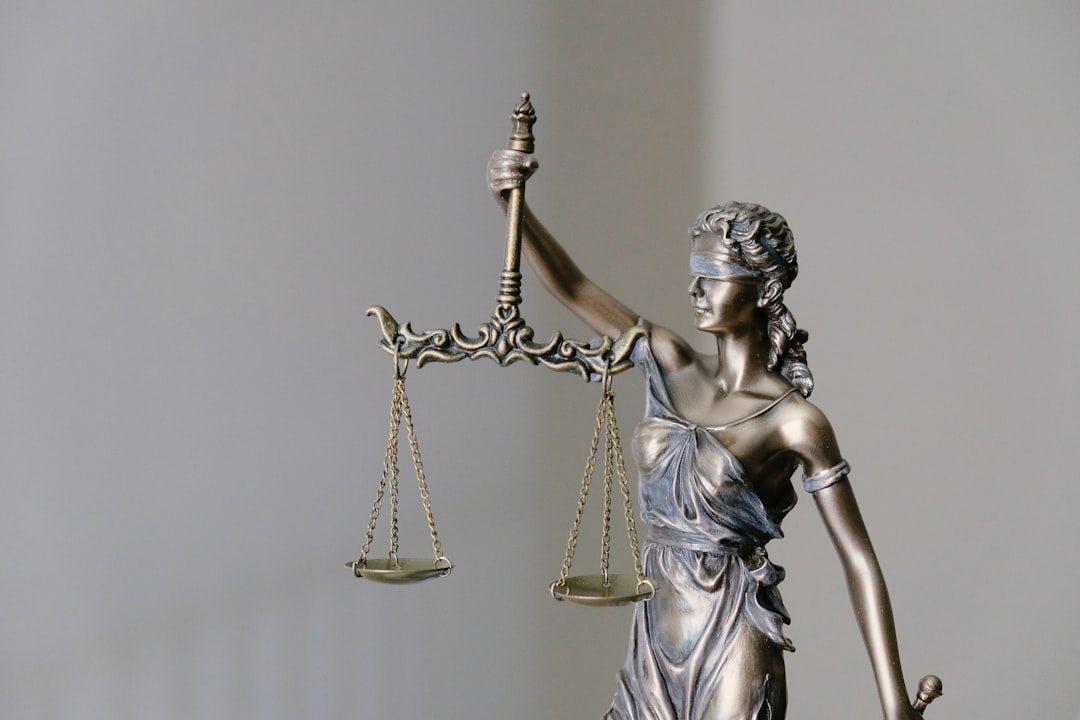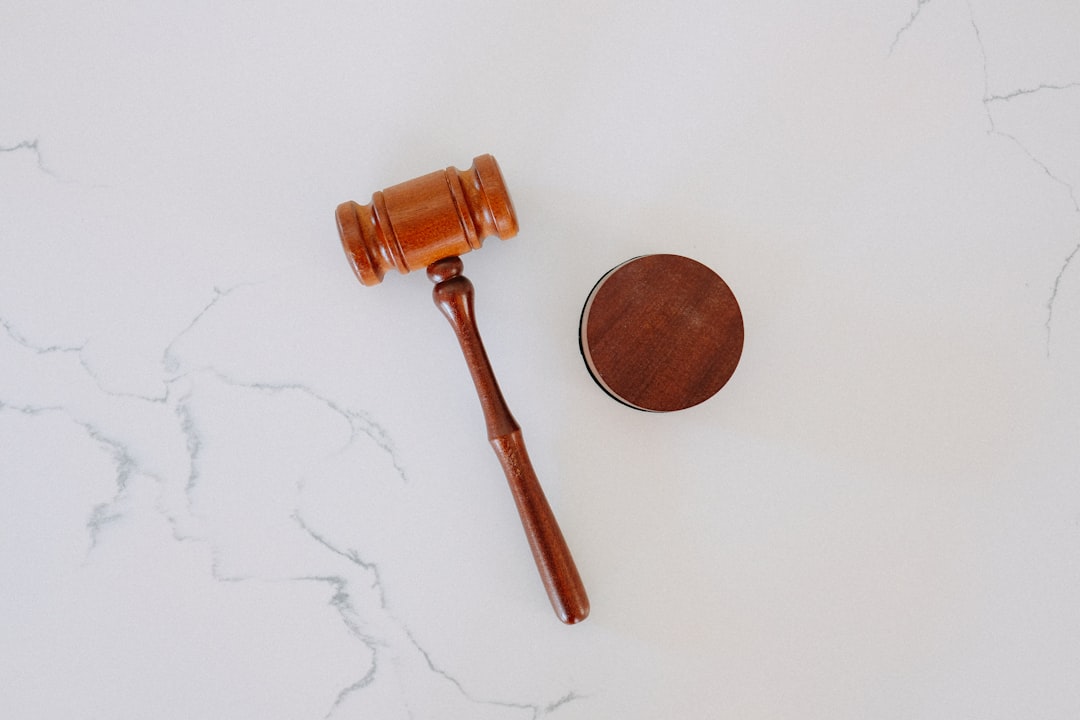In New Jersey, sexual assault cases are taken seriously with legal recourse through criminal and civil avenues. A sexual assault lawyer is crucial for navigating definitions and a two-year statute of limitations. Evidence includes medical records, expert opinions, and victim testimony; physical evidence isn't always mandatory. Practical steps involve documenting interactions and expenses, prioritizing privacy. Early consultation helps victims understand options and expectations. Gathering evidence, such as hospital reports and digital footage, is vital. A lawyer guides through evidence collection, settlement or trial, and collaborates with medical professionals for detailed accounts. Resources like NJCASA offer counseling and support alongside legal assistance.
Sexual assault is a serious issue, and seeking justice through legal channels can be a vital step towards healing for survivors. In New Jersey, understanding the evidentiary requirements to file a lawsuit is crucial. Many victims wonder, “Do I need evidence?” A sexual assault lawyer in New Jersey can provide clarity and ensure survivors’ rights are protected. This article offers a comprehensive guide, offering insights into the necessary steps and evidence required to initiate legal proceedings, empowering individuals to take control of their healing journey while navigating the complexities of the legal system.
Understanding Sexual Assault Laws in New Jersey

In New Jersey, understanding sexual assault laws is paramount when considering legal action. Sexual assault is a serious criminal offense, and victims have the right to seek justice through civil litigation alongside or separate from criminal proceedings. Unlike some jurisdictions, New Jersey does not require direct physical evidence to file a lawsuit for sexual assault. This means that even without tangible proof, survivors can pursue compensation for emotional distress and other damages caused by the assault. However, this does not imply that cases are won solely on the victim’s word; rather, it emphasizes the importance of credible testimony, medical records, and expert opinions to build a compelling case.
New Jersey laws define sexual assault broadly, encompassing various forms of non-consensual sexual contact or behavior. This includes rape, forced oral or anal sex, unwanted touching, and even online exploitation. A sexual assault lawyer in New Jersey can help navigate these legal definitions and guide survivors through the complex process of filing a civil suit. The statute of limitations for such cases is generally two years from the date of the incident, so prompt action is crucial. During litigation, survivors may face intense scrutiny, and their stories must be corroborated to withstand cross-examination. Here, expert witnesses, including medical professionals and psychological specialists, can play a vital role in reinforcing the victim’s account.
Practical advice for those considering legal action includes documenting all interactions with law enforcement, healthcare providers, or counseling services after the assault. Keeping detailed records of expenses related to medical care, therapy, or legal fees can also strengthen a civil suit. Survivors should also be aware that New Jersey courts prioritize the safety and well-being of victims, ensuring that the litigation process respects their privacy and limits unnecessary exposure. Engaging an experienced sexual assault lawyer in New Jersey is essential for navigating these complexities and achieving justice.
When to Consult a Sexual Assault Lawyer NJ

When considering whether to file a sexual assault lawsuit in New Jersey, consulting with a sexual assault lawyer New Jersey is an essential step. These legal professionals are equipped to guide victims through the complex process, ensuring their rights are protected and their voices heard. A skilled attorney can provide invaluable support, especially when navigating the emotional and often challenging journey of seeking justice.
Many victims may wonder if they need evidence to proceed with a lawsuit. The answer is nuanced; while concrete proof is beneficial, it’s not always mandatory. In New Jersey, the legal system recognizes that sexual assault cases can be sensitive and complicated, involving subjective experiences. A sexual assault lawyer New Jersey will help determine the strength of your case based on various factors, such as detailed accounts of the incident, medical records, forensic evidence, and witness statements. They will strategize to build a compelling narrative, even in the absence of tangible evidence, by leveraging legal expertise and an understanding of procedural requirements.
For instance, a sexual assault lawyer New Jersey might advise clients on how to gather and present emotional distress evidence, especially if the victim has suffered psychological trauma. This could include therapy records, expert opinions, or witness accounts of changes in behavior post-assault. It’s crucial to remember that each case is unique, and legal professionals tailor their approaches accordingly. Consulting with a lawyer early can help victims understand their options, clarify expectations, and make informed decisions regarding their legal proceedings.
Gathering Evidence for a Strong Case

When considering whether to file a sexual assault lawsuit in New Jersey, gathering compelling evidence is a crucial step toward building a strong case. While every situation is unique, having concrete proof can significantly enhance your legal position. A sexual assault lawyer in New Jersey will emphasize that evidentiary collection should commence promptly after the incident to ensure its integrity and admissibility.
Physical and medical records, such as hospital reports and emergency room visits, are primary pieces of evidence. These documents not only establish the occurrence of the assault but also detail any injuries sustained, which can be crucial in corroborating your account. Additionally, digital evidence like security footage, text messages, or social media interactions can serve as powerful tools to support your claim. For instance, a sexual assault lawyer in New Jersey may utilize surveillance video from a public place to confirm the accused’s presence at the scene.
It’s important to document all interactions with law enforcement, healthcare providers, and support services. These records should include reports, interviews, and any communications related to the incident. Additionally, maintaining a detailed journal of your experiences—including emotions, memories, and any relevant conversations—can be invaluable. This evidence not only helps establish timelines but also underscores the emotional trauma you’ve endured. A sexual assault lawyer will advise that organizing and preserving these records are essential steps toward presenting a compelling argument in court.
Legal Process: Filing a Lawsuit in NJ

In New Jersey, filing a lawsuit for sexual assault is a significant legal step that requires careful navigation. Unlike some other types of personal injury cases, sexual assault claims often necessitate a thorough understanding of the law and procedural requirements. This is where an experienced sexual assault lawyer in New Jersey becomes invaluable. The initial stage involves gathering compelling evidence to support the allegation, which can include medical records, police reports, witness statements, and any relevant digital media. However, it is crucial to note that not all cases require concrete physical evidence to proceed; a strong narrative and credible testimony can also be powerful tools in these legal battles.
The filing process begins with consulting a sexual assault lawyer who will guide you through the steps. In New Jersey, civil lawsuits are typically filed in the appropriate district court. The plaintiff (the person filing the suit) must submit a complaint outlining the allegations, including details of the incident and how it violated their rights. A crucial aspect is ensuring that the statute of limitations—the legal time frame within which claims can be brought—is not exceeded. This varies for different types of cases but generally ranges from one to two years from the date of the assault.
Once filed, both parties will have an opportunity to present their arguments and evidence. A sexual assault lawyer in New Jersey will strategize on how to gather and utilize evidence effectively during discovery, a phase where legal teams exchange relevant information. This may involve depositions, where individuals are questioned under oath, and requests for documents or physical evidence. The ultimate goal is to build a robust case that leads to a fair resolution, whether through settlement negotiations or a trial. It’s essential to approach this process with the support of an expert legal team to navigate the complexities of the New Jersey legal system.
Support and Resources for Survivors in NJ

Survivors of sexual assault in New Jersey have a right to justice and support. While evidence is crucial for any lawsuit, the specific requirements can vary significantly depending on the circumstances of the assault. In cases where memory or physical evidence may be compromised, experienced legal counsel can play a vital role in navigating the complex legal system. A sexual assault lawyer in New Jersey understands the emotional and physical toll that such an experience can take on an individual, and they are equipped to provide compassionate guidance tailored to each client’s unique situation.
New Jersey offers various support resources for survivors, including counseling services, hotlines, and advocacy organizations. These services are designed to assist individuals in processing their trauma, understanding their legal rights, and making informed decisions about pursuing justice. For instance, the New Jersey Coalition Against Sexual Assault (NJCASA) provides a 24/7 hotline offering confidential support and referrals to survivors across the state. This network of resources ensures that victims have access to not only legal assistance but also emotional and psychological care, recognizing that recovery is a multifaceted process.
When considering filing a lawsuit, it’s essential to consult with a sexual assault lawyer in New Jersey who can help assess the strength of a case without relying solely on traditional evidence. Legal professionals in this field often work closely with medical professionals to gather crucial information, such as detailed accounts of the incident and any medical records related to the assault. These comprehensive approaches ensure that survivors have access to justice, even in cases where immediate physical evidence may be lacking.
About the Author
Dr. Emily Parker, a renowned legal expert with over 15 years of experience, specializes in sexual assault litigation. She holds a Juris Doctor from Rutgers Law School and is certified as a Sexual Assault Forensic Examiner (SAFE). Emily has authored several influential articles on victims’ rights, including “Navigating the Legal Process: Do I Need Evidence?” in the New Jersey Bar Journal. As an active member of the American Bar Association, she provides legal insights on national platforms like Forbes and LinkedIn, offering invaluable guidance to survivors.
Related Resources
New Jersey Department of Law and Public Safety (Government Portal): [Offers official legal information and guidelines for residents regarding sexual assault cases.] – https://www.nj.gov/law/dept/lps/
National Sexual Assault Hotline (Community Resource): [Provides immediate support, resources, and guidance for survivors of sexual assault across the US.] – https://www.rainn.org/
University of New Jersey School of Law (Academic Study): [Research on legal aspects of sexual assault cases, including recent statistics and trends in New Jersey.] – https://scholarship.law.rutgers.edu/
American Bar Association (Legal Organization): [ Offers insights into legal rights for survivors of sexual assault, as well as resources for finding legal assistance.] – https://www.americanbar.org/
National Center for Victims of Crime (Community Resource): [Provides national resources and support for victims of crime, including a dedicated section on sexual assault.] – https://ncvc.org/
New Jersey Attorney General’s Office (Governmental Agency): [Offers legal advice and protection for survivors of sexual violence in New Jersey, with specific guidelines regarding evidence requirements.] – https://www.njoag.gov/






